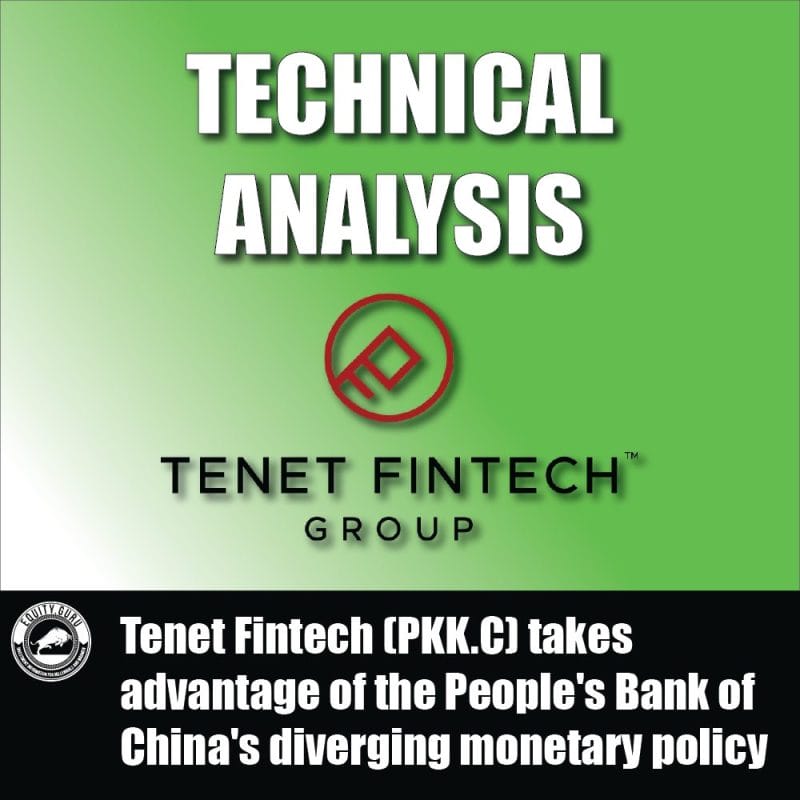If there’s one takeaway from the previous decade, it’s that we shouldn’t trust celebrities to tell the future.
Susan Sarandon made an off-hand comment during an interview in 2016 that Donald Trump winning the election would bring the revolution. It’s now 2020 and the fascist cymbal-clapping orange monkey has been ousted in favour of a return to the neoliberal status quo, and we’re still awaiting this revolution we were promised.
I know it’s generally bad form to make fun of the rich and terminally out of touch, but if there’s a silver lining to this tale of woe, it’s that while this brave new future didn’t arrive, it wasn’t for lack of trying.
There are likely still cities burning in the United States where the purple-haired pussy-hat wearing crowd traded in their copies of Madness and Civilization and Power/Knowledge for sledgehammers and pipebombs to make the postmodernist’s dream of dismantling western civilization a reality. The problem there and with the whole defund the police crowd is that they’re too obvious. They present too much of a target, and on such a localized scale (rather than global) that their victory’s will always be marginal, if not Pyrrhic.
If you want a real revolution and a chance at a new future trajectory, you need to be subtle and you need technology.
The Peak Fintech Group’s (PKK.C) message isn’t about revolution or overturning social order. They’re here to make money and God bless ’em.
Their Gold River and Cubeler Lending Hub platforms are ready to support China’s new digital yuan (DC/EP), and while it’s effectively a central bank backed digital currency and therefore on the surface in service to the existing social order, it’s got enough potential to change much of the way we conduct our daily lives. I’m absolutely loathe to use the PR-speak buzzword disruptive, but if there’s a tech with the potential to disrupt, it’s this.
First off, the difference between the DC/EP and Bitcoin is that the former is legal tender, backed by yuan deposits. It’s centralized and not anonymous, but it’s also not a stablecoin in the sense that Tether is a stablecoin.
It’s managed by China’s central bank, which requires the country’s banks to convert some of their yuan holdings into DC/EP and distribute them to businesses through mobile technology. It took five years to develop and is being marketed like it’s going to help China’s unbanked population get into the mainstream economy, and accelerate the country’s move to a cashless society.
Except I have my doubts about that. It’s probably true for folks living in the sticks, trading in cows somewhere north of Outer Mongolia, but there’s a substantial amount of people who are unbanked and unrepresented living in the megalopolises in the world’s emerging economic hegemon.
I’d be terrified for the future if I were living in China. The social credit system would have locked me out of most of functions of society, and the further increased clampdown from having a government issued and controlled digital currency would push on another layer of state control to eject further into full Orwell territory.
For us—we must consider a question—how much do you trust your government?
The economic benefits of such a technology stand a strong chance to be considerable, and therefore produce much of Peak Fintech’s value proposition, and that’s not even mentioning their lending platform. Companies operating in this space are such good, if not maybe early, bets that even if the tech is used for, shall we say, illiberal ends it’s definitely still a space to watch.
If the tech works and takes off, China stands to develop at a faster rate due to their ironclad control over almost every facet of financial life. While there’s always going to be resistance in the form of decentralized cryptocurrencies (like there is now) and barter-based economies for those shunted out of society courtesy of their social credit system, there’s going to be forward pressure on the rest of the world to adapt or fall behind. And America will not let itself fall behind.
The United States has been pondering the benefits of going cashless since Bitcoin first started challenging its economic hegemony. Other countries, like Venezuela, have already seen the light, with varying levels of success.
Companies like Facebook (FB.Q) and their soon-to-be-released stablecoin now renamed Diem (as in Carpe Diem) could theoretically be charged with firing the first shots in this revolution. Apparently, China’s been busy working on their central banked digital currency for five years, but we didn’t hear about it until Zuckerberg sweated about it in front of congress.
And maybe all of this hullabaloo will prove to have been over nothing and the DC/EP won’t get any traction due to technical stillbirth and will be forced to fold into the annals of technological history like Theranos or the Samsung Galaxy Note 7. Even then though, the hype machine will have levelled so much destruction that we’ll all have versions of Peak’s (or a competitor’s) tech at our disposal, and big papa government even more up in our business than before.
For now, though, there’s the forces of FOMO sidling up to whisper in your ear while you lie in bed tonight reminding you that if you get in now, it could be a lucrative ride to the future.
I’ll save you a seat in Room 101.
—Joseph Morton







